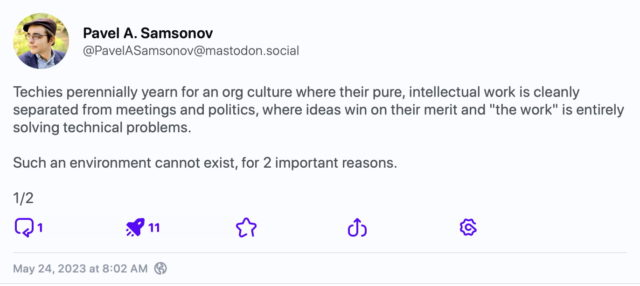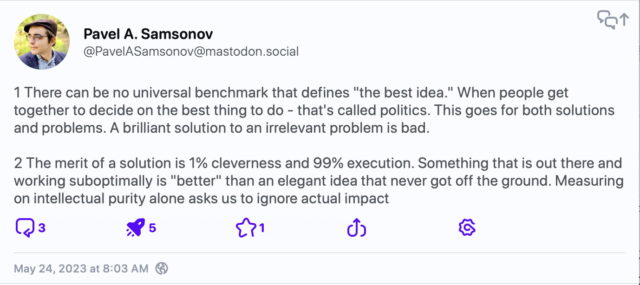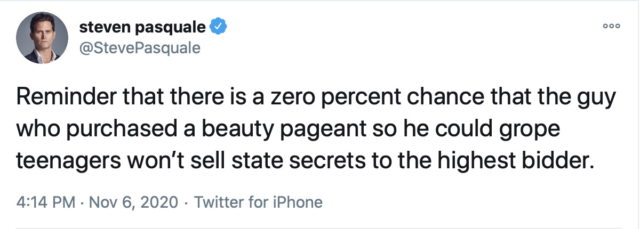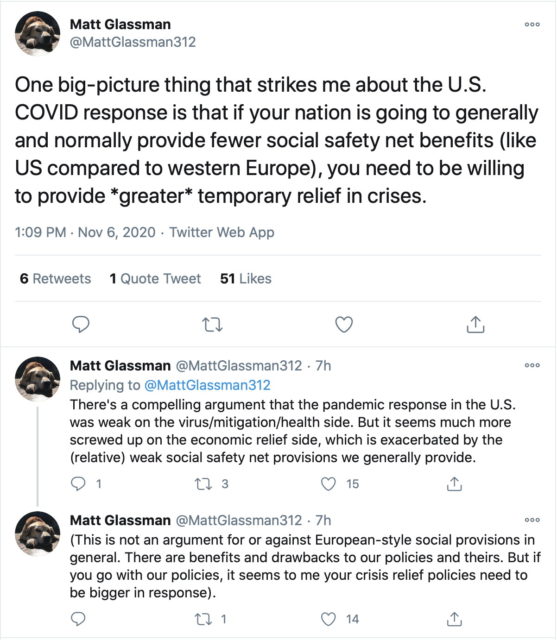As I said last time, it seems like just about everyone has put COVID behind them in their behavior: Hardly anyone is masking or physically distancing anymore, and I don’t see many mentions of it other than on social media from the few people who are still taking those precautions.
I see close to zero reports these days of how many cases, hospitalizations or deaths there are from COVID. Since it’s been over 9 months since the last boosters were authorized, and previous evidence was that boosters lost most of their effectiveness after about 6 months, I was wondering what the numbers are.
Today the San Jose Mercury News published this article: New record lows for California COVID hospitalizations. Will it stick?
The number of patients with the virus at California hospitals reached a new low this month since the start of the pandemic, with just 611 reported on July 2.
Statewide, before this summer the previous low was 1,170 people hospitalized with COVID in June 2021. Now, totals have been less than that since early June.
In November 2021 I wrote a piece here titled “This is as Good as it’s Going to Get”. When I first drafted this post I thought it held up pretty well, and was maybe a bit optimistic. But based on the Mercury News article it’s looking a bit pessimistic, at least for the general population; the spectacular failures to support people such as the immunocompromised have been well documented.
I do find this a little surprising: The Omicron variant and its many sub-variants are the dominant strain of the virus, are massively transmissible, and haven’t gone away. But maybe they’ve been evolving to be less severe, and maybe the spotty vaccinations we’ve had have been good enough to gradually suppress the virus. I dunno.
Another thing I saw recently is this thread on Mastodon:


The first post is context, but the second post applies as much to our COVID response (as a society) as it does to the original topic:
People aren’t masking, they’re not physically distancing, and many people are not getting boosters and wouldn’t even if they were available. (And that’s just in the United States. I imagine it’s similar but more so in countries where those things are actively hard to do.) None of that is likely to change unless the current environment significantly changes. While encouraging people to do those things – especially getting vaccinated, which is a very low-intrusiveness part of the solution – is fine, any real solution is going to have to be implemented in the context of how people are behaving and are likely to behave. Because a solution which can’t be implemented is not a solution.
Personally, I’d like to see the FDA authorize twice-a-year boosters for everyone and encourage people to get them. And I’d like to see tests be made more widely available and covered by insurance so people don’t need to worry about access to them. (More info about how reliable they are would be nice, too. Last I heard tests were only about 60% accurate against Omicron.) I think those would be the most effective first steps, followed by covering wages for people who have to skip work because they get sick.
Alas even that seems like a stretch in the current political climate.



